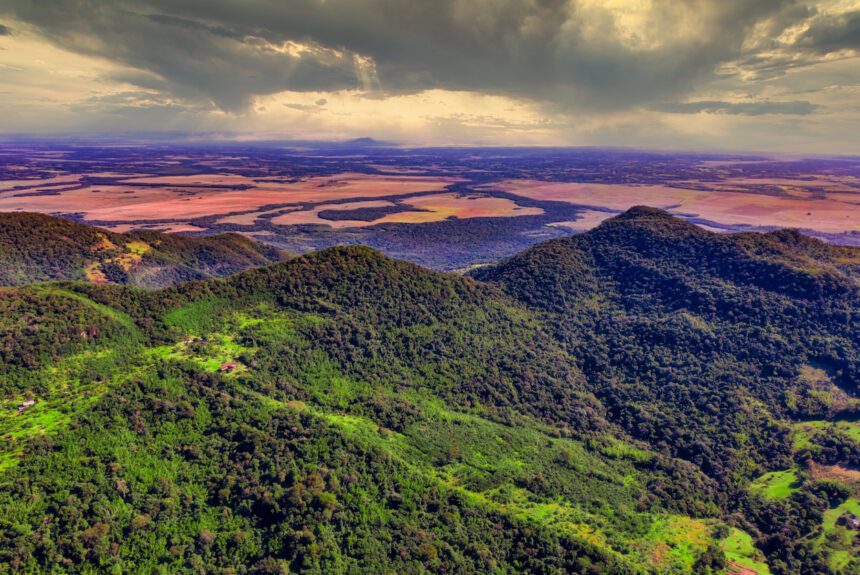Paraguay matters to the US and the future of democracy more than ever. “How so”, you ask.
Alliances are so important that China is willing to pay dearly to try to assemble them. In many places around the world, they have a more than decade head start with their Belt and Road Initiative (BRI).
When he drew up BRI in 2013, President Xi Jinping’s “vision included creating a vast network of railways, energy pipelines, highways, and streamlined border crossings, both westward—through the mountainous former Soviet republics—and southward, to Pakistan, India, and the rest of Southeast Asia,” the Council on Foreign Relations writes. “Such a network would expand the international use of Chinese currency, the renminbi.” Xi insists it would “break the bottleneck in Asian connectivity.”
>>>READ: Diversify Energy Policy Away From China
China isn’t stopping in Asia. BRI is also building infrastructure in Africa and Latin America. Beijing is banking on BRI because it builds infrastructure that China could then use to dominate trade. It even used BRI to take control of a port on Sri Lanka.
However, the Sri Lanka example provides an opening for the United States. Americans don’t want to take over infrastructure on the soil of other sovereign nations. Our government does not want to seize assets in another country’s land. We want to encourage the adoption of free markets, which can expand freedom and opportunity for citizens around the globe.
To succeed, Washington must affirm and expand our alliances with democracies near and far. For example, we should begin boosting Paraguay by opening up trade and investments in energy, data centers, chip manufacturing, and agriculture.
To be sure, there is already a healthy relationship between our two countries.
“The United States-Paraguay partnership is founded upon a long history of cooperation, common interests, an important bilateral trade relationship, and mutual respect between our governments and peoples,” the State Department writes. “As Taiwan’s only diplomatic partner in South America, and one of twelve Taiwan-recognizing countries, Paraguay is an important ally in supporting Taiwan’s meaningful participation in the international community and continued example as a resilient democracy and technological powerhouse.”
Supporting Taiwan is an important lever to push back against communist Beijing. But that isn’t the only way in which Paraguay is an important partner.
It is already a leader in clean energy development. It gets virtually all its electricity from zero-emission hydro power, and even exports that clean electricity to neighbors. The country’s leaders are serious people and promote economic freedom and intelligent diplomacy. Paraguay is committed to free market solutions to solve 21st-century problems. It also launched the Chaco Vivo project to protect up to 600,000 hectares of threatened ecosystems. The country’s eco projects have slashed CO2 emissions by more than five million tons.
>>>READ: Economic Lessons from the Heart of South America: Paraguay
We do not have a free trade agreement with Paraguay, so signing one would bring our nations even closer and allow both economies to grow. Meanwhile, despite its spending, China is a long way from realizing its ambitions in Asia or elsewhere.
“For all the overtures toward cooperation, Japan and South Korea, like Europe, have limitations in drawing economically closer to China,” the Wall Street Journal reports. In fact, China can’t even get a permanent alliance with its supposed partner Russia. “Not only did Xi continue to refrain from concluding a formal alliance with Russia, the world’s other leading revisionist power, he even continued to deny the Kremlin military assistance to support its faltering war effort in Ukraine,” the site War on the Rocks writes.
China has its door wide open to Paraguay and is looking to buy influence there and elsewhere. But the U.S. offers a far better deal. We can help solve many of the regional energy, economic, democratic and immigration issues by being a better partner to democratic, free-market Latin American countries like Paraguay. We aren’t going to buy global influence, but we can earn it and build a better international economy along the way.
The views and opinions expressed are those of the author’s and do not necessarily reflect the official policy or position of C3.
